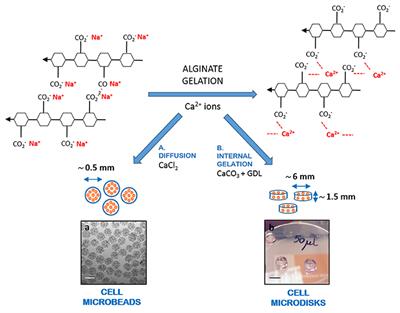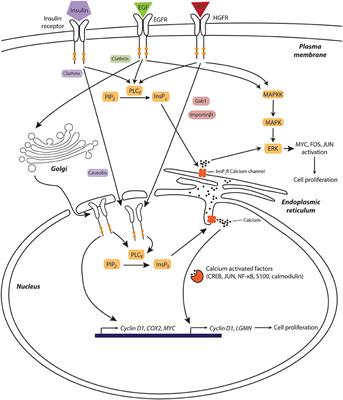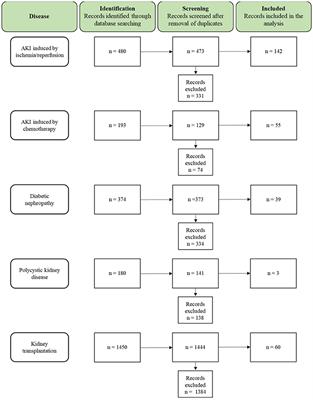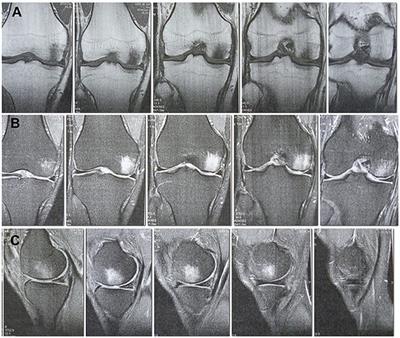EDITORIAL
Published on 31 Jan 2019
Editorial: Tissue Repair and Regenerative Mechanisms by Stem/Progenitor Cells and Their Secretome
doi 10.3389/fmed.2019.00011
- 3,028 views
- 11 citations
9,919
Total downloads
64k
Total views and downloads
EDITORIAL
Published on 31 Jan 2019
ORIGINAL RESEARCH
Published on 09 Aug 2018

REVIEW
Published on 13 Jul 2018

REVIEW
Published on 04 Jul 2018

REVIEW
Published on 15 Jun 2018

CASE REPORT
Published on 30 May 2018
